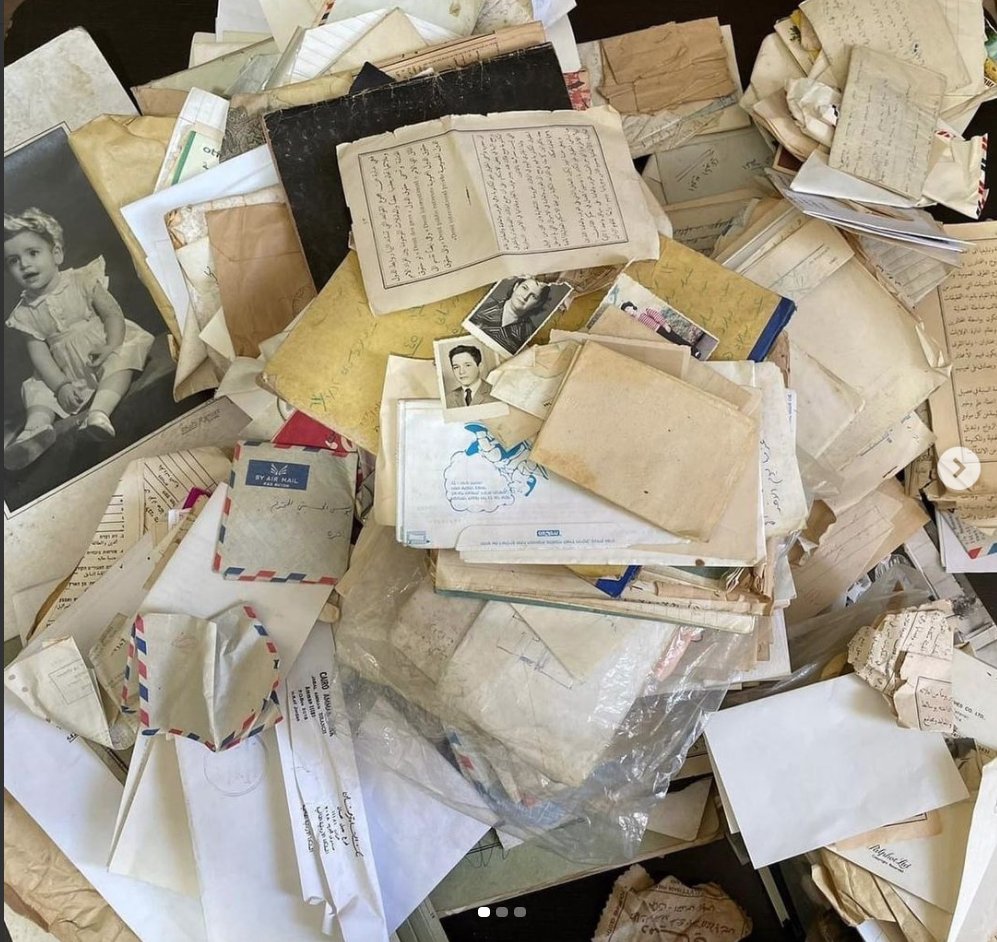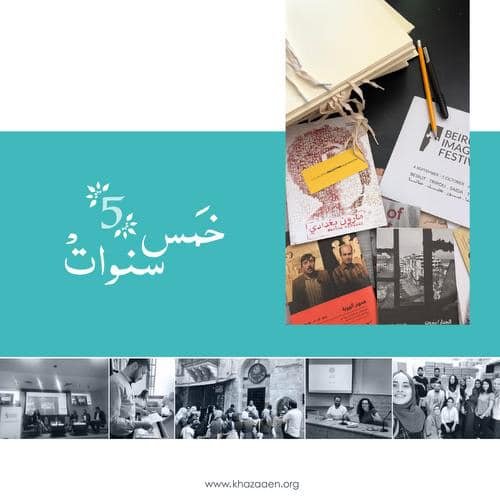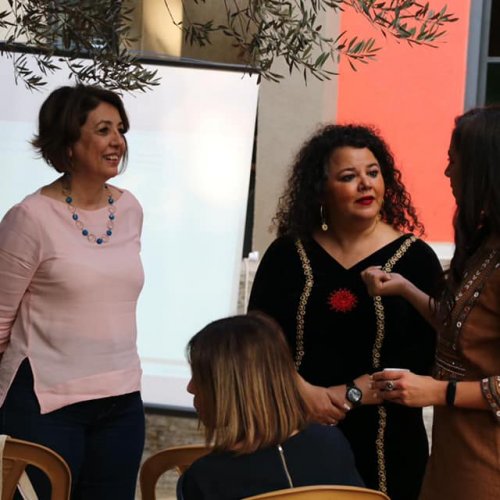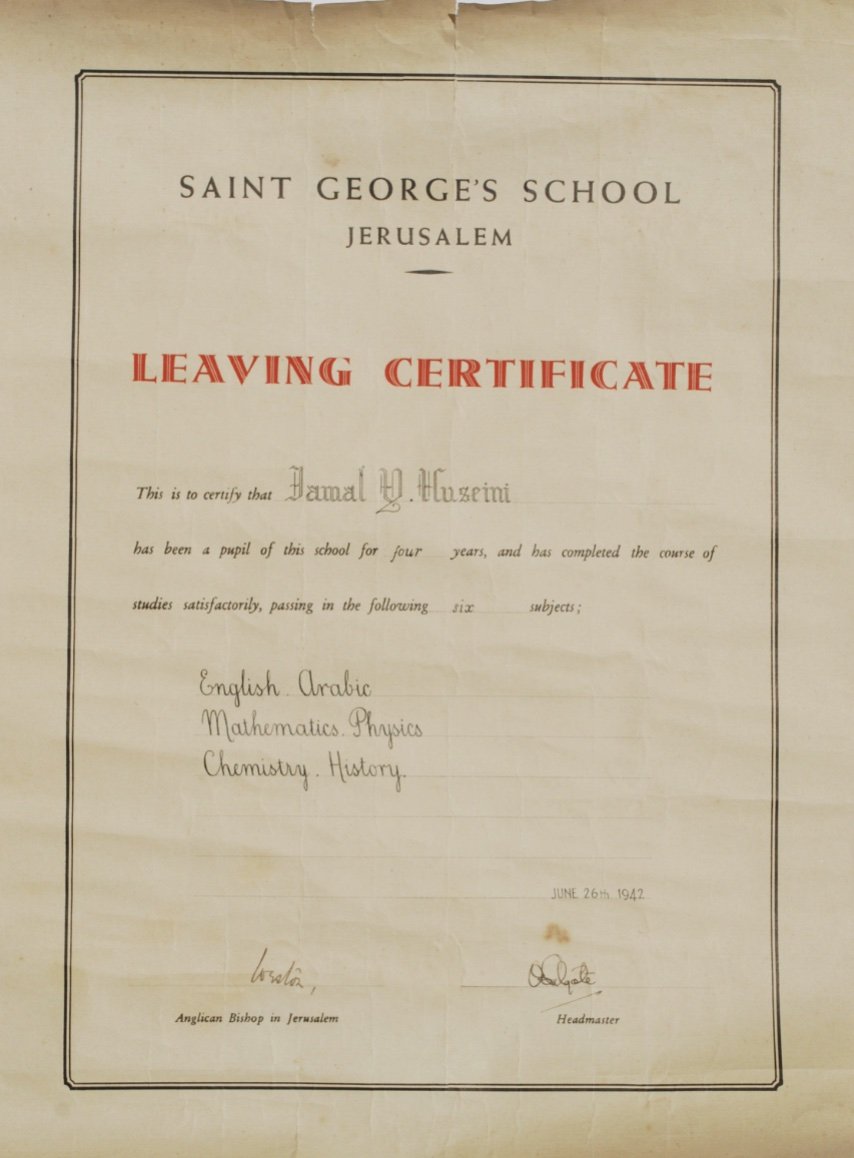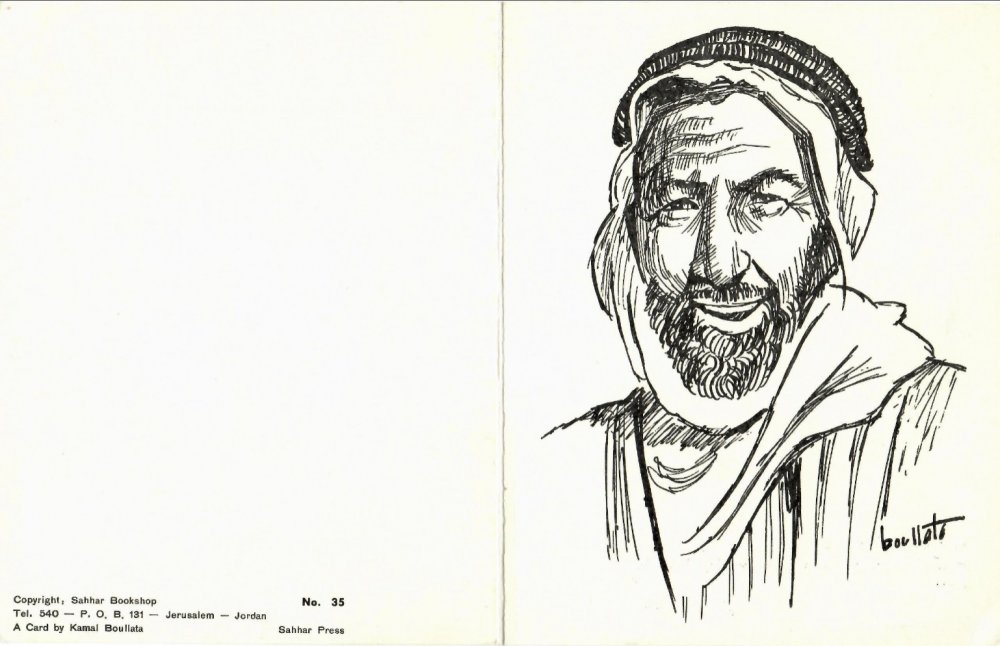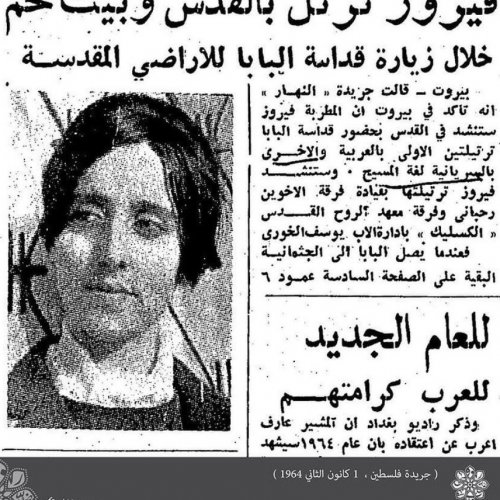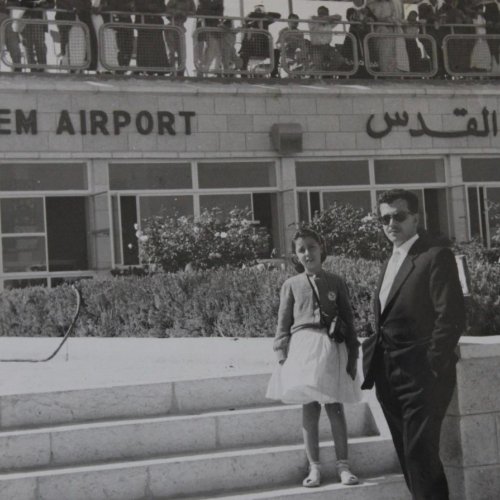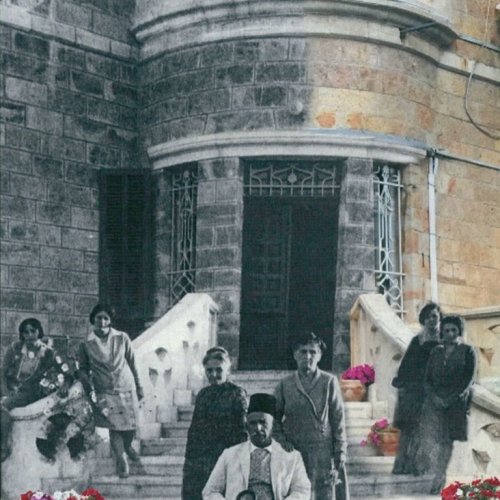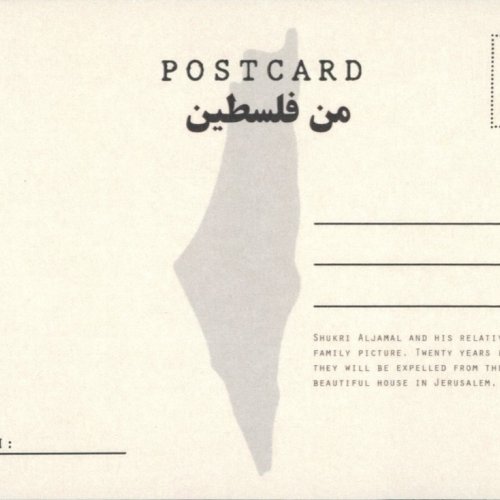On Saturday, October 30, 2021, Khazaaen celebrated its five-year anniversary at its location in the Sheikh Jarrah neighborhood of Jerusalem.
Khazaaen, which literally means “lockers” in Arabic, could more precisely be translated as “treasuries.” This is in reference to ancient Arab libraries that knew the value of amassing valuable forms of knowledge. Knowledge, in this respect, pertains to preserving details of daily life in Palestine from different time periods.
The founder of the project, Fady Asleh, an archivist and doctoral student in history, had come up with the initiative with the support of talented Palestinian volunteers. The process began with the collection of ephemera (collectible memorabilia, typically written or printed), as a means to document the local daily life for the next generations.
Today, five years after the launch of the project in October 2016, Khazaaen has become a societal archive documenting, organizing, and preserving Arab heritage and culture. With plenty of individuals who are just as fascinated by the personal and collective history of the region, the project has rapidly expanded to several other countries, including Jordan, Lebanon, Syria, Algeria, Qatar, and others. The entity itself is in the Sheikh Jarrah neighborhood of Jerusalem, but the digital archive (khazaaen.org) is available and accessible for the public.

